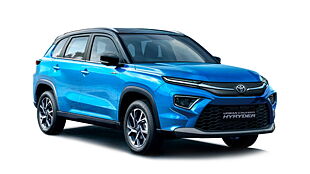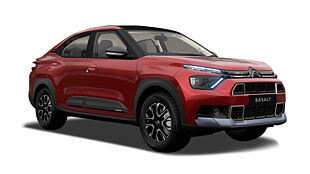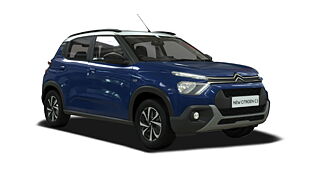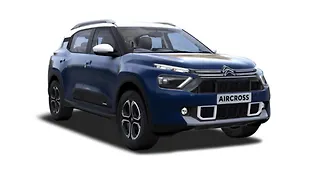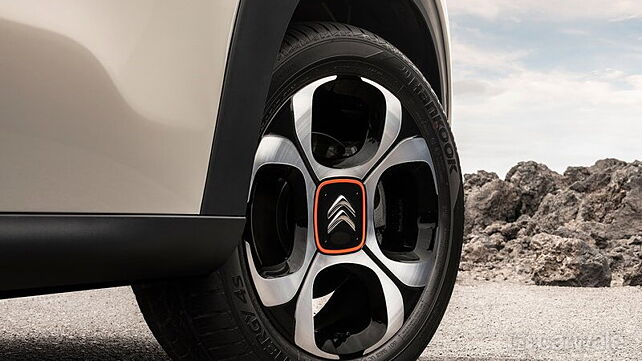
Citroen India will launch full-fledged electric vehicles by 2025 in the country. This will be in line with PSA Groupe’s - Citroen’s parent company - ambition of having 100 per cent of its range electrified by 2025, globally. What’s more, the EVs in India will be manufactured in the country with high levels of localisation.
To begin with, these EVs will share the platform with the made-in-India cars; tweaked, of course, to accommodate the necessary EV architecture. The EVs will also share the design and nameplate with the Indian models.
The international story
As things stand today, PSA’s entire range - barring India - will migrate to two new modular platforms. The EMP2 platform will be for medium and large sized cars. It will have front wheel and all wheel drive layouts. And it will feature a variety of top hats from SUVs to MPVs to sedans. It will also come with ICE and hybrid power trains. But, full-fledged electric cars are not part of this platform.
Ditto for the CMP platform. It too will get ICE and hybrid powertrains; a variety of top hats; and front wheel and all wheel drive layouts. But, there will be no all-electric version coming off this platform. The CMP, meanwhile, is a platform dedicated to small and compact cars.
The Indian side
Apart from being designed to make hybrids, these two new platforms are also future-ready with some autonomous driving tech built in. And that means complicated electronics and structure. And, of course, higher cost.
In India, however, both hybrids and autonomous driving are so far in the future that it would make more sense to invest in a self-cooking frying pan than the aforementioned two. And so, Citroen has taken a more sensible approach by going in for the tried and tested PF1 platform instead.
Not only is the PF1 less complicated, more cost effective, and better suited to India, it was also designed to make full electric vehicles. And with high levels of local content, this electric move should play in Citroen India’s favour.

![Citroen C5 Aircross [2021-2022] Image Citroen C5 Aircross [2021-2022] Image](https://imgd.aeplcdn.com/272x153/n/cw/ec/38601/c5-aircross-exterior-right-front-three-quarter-103.jpeg?q=80)

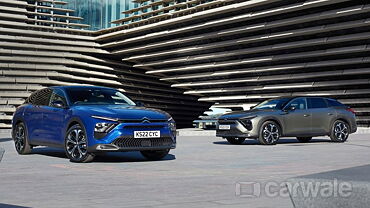

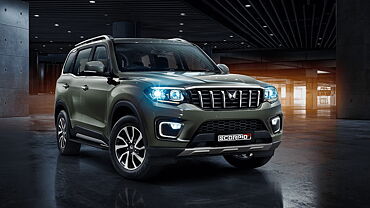


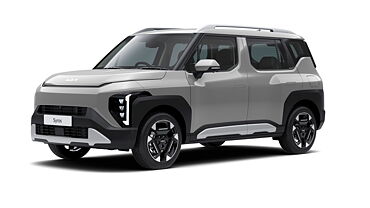
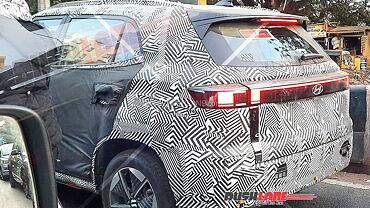

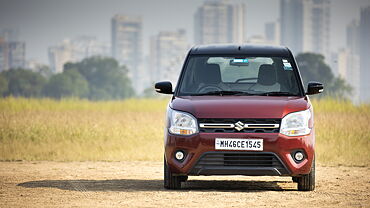

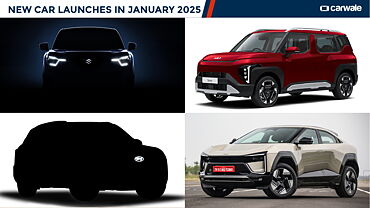

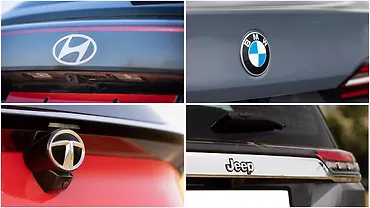
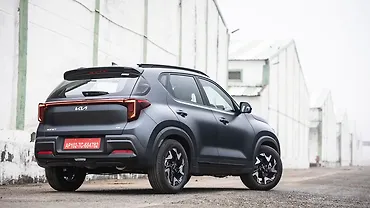
![Citroen C5 Aircross [2021-2022] Right Front Three Quarter Citroen C5 Aircross [2021-2022] Right Front Three Quarter](https://imgd.aeplcdn.com/199x112/n/cw/ec/38601/c5-aircross-exterior-right-front-three-quarter-103.jpeg?q=80)
![Citroen C5 Aircross [2021-2022] Right Front Three Quarter Citroen C5 Aircross [2021-2022] Right Front Three Quarter](https://imgd.aeplcdn.com/199x112/n/cw/ec/38601/c5-aircross-exterior-right-front-three-quarter-38.jpeg?q=80)
![Citroen C5 Aircross [2021-2022] Right Front Three Quarter Citroen C5 Aircross [2021-2022] Right Front Three Quarter](https://imgd.aeplcdn.com/199x112/n/cw/ec/38601/c5-aircross-exterior-right-front-three-quarter-102.jpeg?q=80)
![Citroen C5 Aircross [2021-2022] Dashboard Citroen C5 Aircross [2021-2022] Dashboard](https://imgd.aeplcdn.com/199x112/n/cw/ec/38601/c5-aircross-interior-dashboard-3.jpeg?q=80)
![Citroen C5 Aircross [2021-2022] Steering Wheel Citroen C5 Aircross [2021-2022] Steering Wheel](https://imgd.aeplcdn.com/468x263/n/cw/ec/38601/c5-aircross-interior-steering-wheel.jpeg?q=80)









